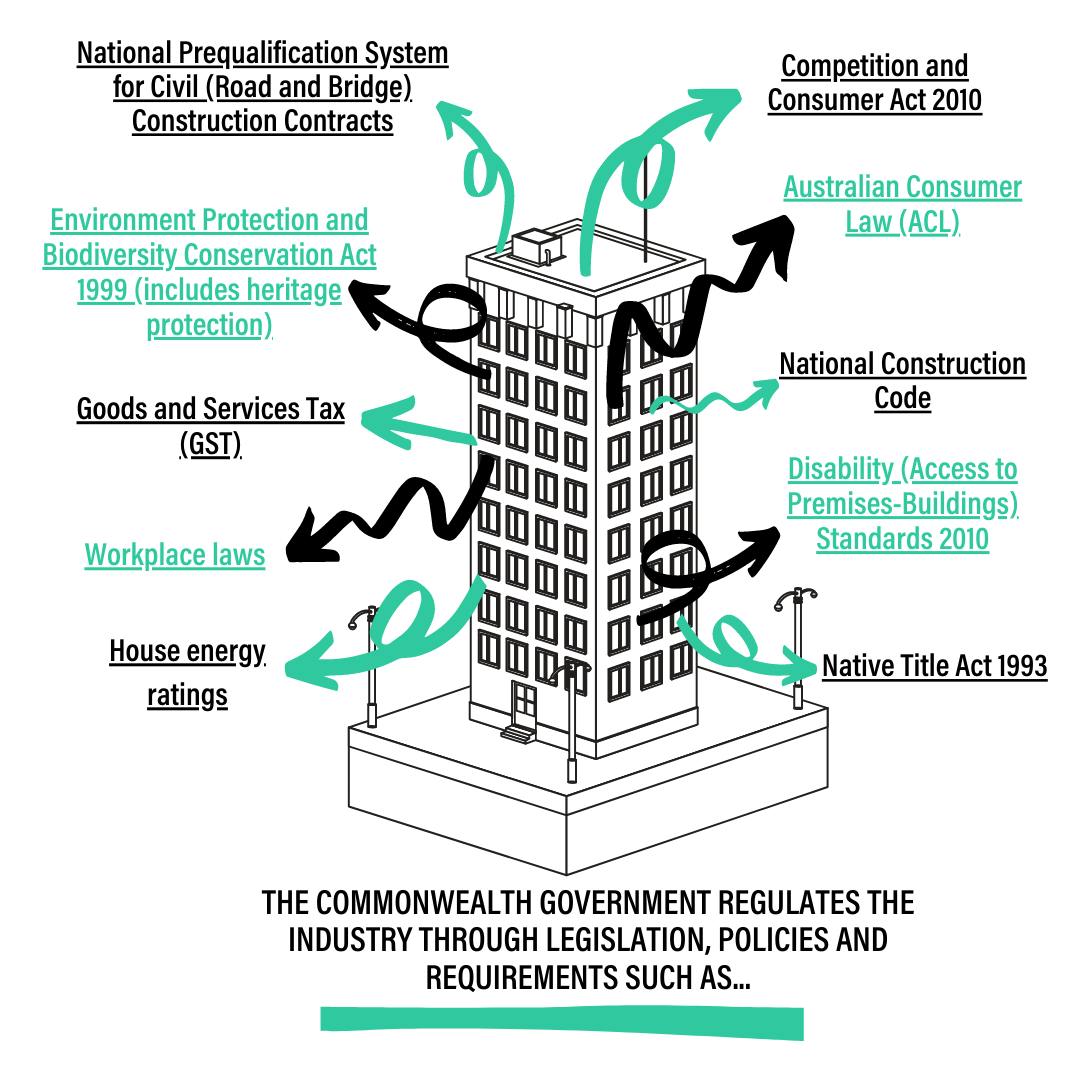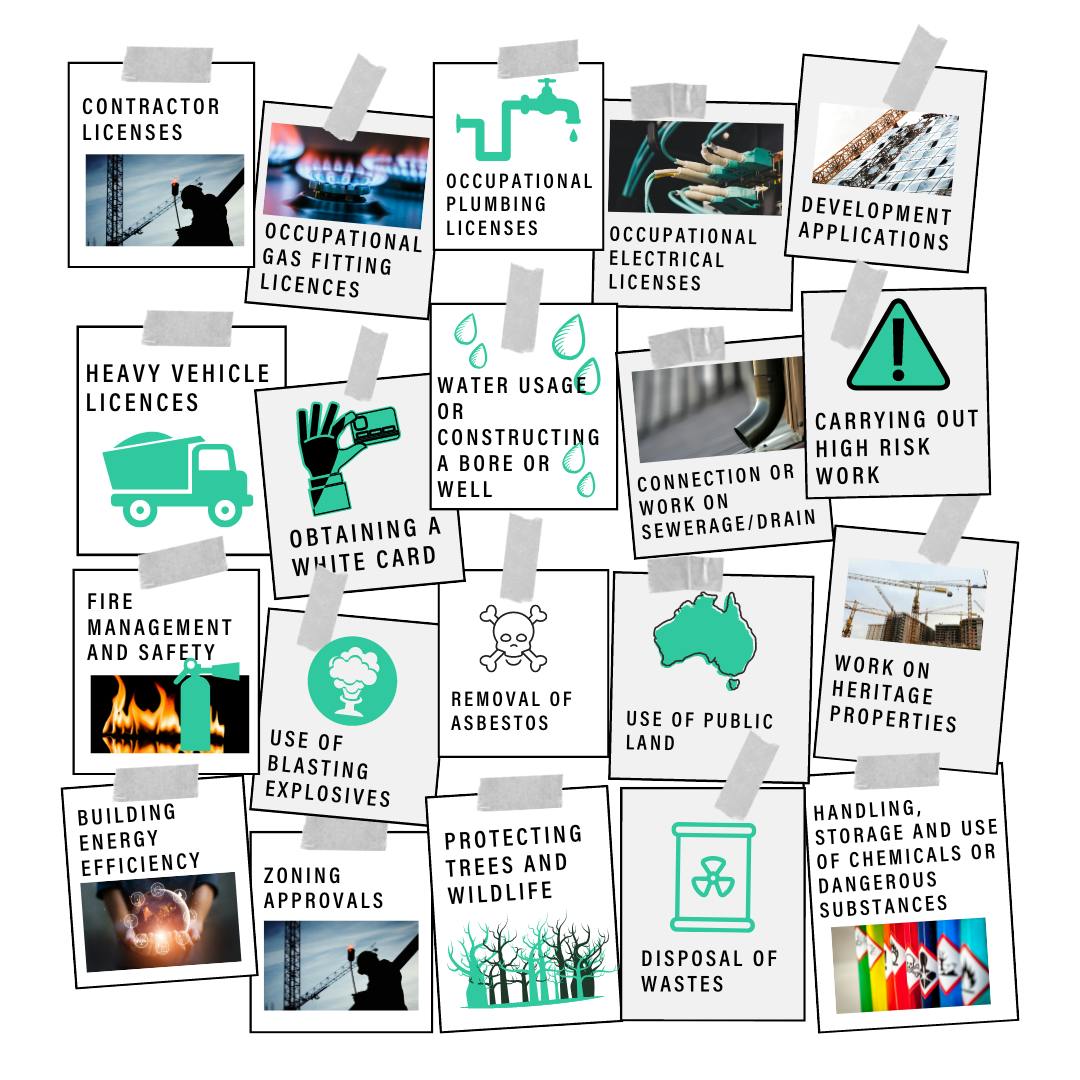This heading reflects my belief that the industry has been subject to an overreliance on a multi-tiered approach to regulation. Over decades, this regulation has resulted in unnecessarily ‘slicing and dicing’ the construction industry into various segments.
In this article, I will be making a case that we have made a ‘Mango of Security of Payment (SOP)’. Given our love for mangos, most of us are happy to ‘slice and dice’ and then eat this great fruit.
However, on hearing the decision by the government to delay the rollout of the Trust regime, I had a reaction that I have not read or heard of others having.
I am of the view that this decision effectively results at a high level, in a two-tiered Trust-regulated industry.
In my view, this decision is another example of ‘slicing and dicing’ the construction industry via regulation. I will explain below what I mean by this, however, for the record, this delay will impact:
- Phase 3 (all eligible contracts of $3 million or more) – delayed until 1 March 2025.
- Phase 4 (all eligible contracts of $1 million or more) – delayed until 1 October 2025.
I should make it clear that given the current economic challenges facing all parties in the construction industry, as well as a lack of compliant Trust software solutions, I understand this decision.
However, while the above eligible contracts are not scheduled to be captured by the Trusts regime for several years, all eligible government contracts of $1 million or more and eligible private sector contracts of $10 million or more will continue to be captured by the Trusts regime established under the Building Industry Fairness (Security of Payment) Act 2017 (BIFA).
In other words, regarding Trust regulation, they are ‘slicing and dicing’ the construction industry into two very large segments.
Example of slicing and dicing the construction industry
Say Contractor X has a book of projects made up of 80% government work in Queensland. It will be living by a different set of financial constraints to Contractor Y doing 80% private work under $10 million.
Contractor X will have monies payable to them by government agencies ‘ring fenced’ (cannot be accessed by them unless they comply with strict Trust requirements) where the contract value is $1 million or greater. In comparison, Contractor Y will receive payments from private principals through their general banking arrangements. This results in these monies being available for them to lawfully use in the normal course of their daily operations.
What do I mean by this article heading?
My mango example is an attempt to look at how, in my view, regulation can create a highly segmented industry. This can make it difficult for parties to grow or indeed change their business profile. For example, Contractor Y above would need to significantly change their contract administration processes. They need those changes if they wish to commence doing government work as a result of the Trust requirements.
This means Contractor Y will have to incur new costs in this regard.
I am of the view that having multiple sets of different rules applying to the industry is not conducive to creating a sustainable industry for all parties. In saying that, I acknowledge that all industry regulations cannot be based on a simple ‘one size fits all’ model.
In my view, there is existing regulation that has elements of unnecessary segmentation.
I am going to highlight a couple of regulation examples in this regard. I should disclose that I was involved in the development of both when employed by the industry regulator.
- The Minimum Financial Requirements (MFR) for contractor licensing. There are nine different categories based on the licence holder’s Net Tangible Assets. Helix offers a very comprehensive MFR service.
- In respect of adjudication, there are ‘standard and complex payment claims’ under BIFA. Helix also offers specialised advice and assistance in this regard.
Given the benefit of hindsight, mainly gained through assisting clients, I am now of a different view. There should be a reduced number of MFR categories and only one category of payment claims. Regulation looked sensible and effective when I had no ‘skin in the game’. I have increasingly seen it in a different light when working with the Helix lawyers to assist our industry clients.
I invite readers to comment on my views regarding these two examples and other examples they may wish to raise. There is some legislation applicable to the industry that I confess I do not have an in-depth knowledge of. Also, as I have repeated on many occasions, I am not a lawyer.
However, I am aware that a lot of industry legislation embraces a multi-tier (segmentation) approach.
Please see below an outline of how the industry is regulated by the Commonwealth Government. It is done through legislation, policies, and requirements such as:

View interactive version here.
The Australian Building and Construction Commission enforce industrial relations and other associated issues.
The State Government is responsible for regulating such things as:

The two most significant state regulators are the Queensland Building and Construction Commission and WorkSafe.
I have relied on an excellent Commonwealth Government website for the above information.
Final thoughts.
I look at the vast amount of regulation that parties in the industry need to both understand and comply with. I imagine the challenges that they must face as they strive to successfully grow due to these requirements.
In my view, there are two fundamentally critical things businesses operating the industry could do:
- Be a member of an industry association that will advocate for their interests when making representations to governments about proposed regulation; and
- Commit to continuous upskilling, training, and education on industry regulation.
Along those lines, we at Helix have been busy learning from conversations with intelligent and diverse people in the construction industry, organising some educational events of our own and planning for some exciting external industry events.
Deconstruction Podcast
Myself and Emily Taylor (a recently admitted lawyer at Helix) have launched a new podcast series called Deconstruction. So far, we have recorded three episodes, one of which is now live!

We have thoroughly enjoyed the episodes we have recorded to date. We have also enjoyed our pre-podcast (scheduled to be recorded) chats with our innovative “walk the talk” guests. You can watch our first episode with Kate Raymond of Master Builders on YouTube or listen on Spotify here. Stay tuned for future episodes – you’re not going to want to miss these!
Future of Construction Summit [3 & 4 May 2023]
We are super excited to join the innovative crowds again this year at the Future of Construction Summit 2023 (FCON). The Helix team have attended FCON since its commencement in 2021. Each year, we have left feeling inspired by the insightful and thought-provoking speakers and booths.
Our Director Jacqui Doyle is hosting the “Risky Business: Learning to Trust Again” panel. This will occur on Day 1 of FCON, Wednesday 3 May at 11:00am. The panel discussion will centre around the lack of trust which exists between all stakeholders in the industry. It will explain how it is one of the biggest barriers to change. Jacqui will ask the question:
“How do we learn to trust again so that we only need a 2-page contract to deliver a $1 billion project?”.
If you haven’t already registered, you can attend in person in Melbourne or virtually on the website here.
We are also showcasing our home-grown innovation product Diligence by Helix at FCON this year. Diligence is a tool developed to empower better contracting decisions for anyone in the building game. Diligence brings together multiple industry-specific due diligence searches in one easy-to-use search tool. This includes, for example, QBCC Licence details, Qld Adjudication Decisions, Court Proceedings and Company Notices in one easy-to-use search tool.
Bracing for a High-Tech Future [25 May 2023].
We are thrilled to be kicking off our own Helix Innovation Series for 2023. There will be a showcase of game changing products and services that will revolutionise the construction industry.
Come along on 25 May 2023 and put your finger on the pulse of the next wave of innovation. Kick off will be at 6pm at The Precinct, Level 2/315 Brunswick Street, Fortitude Valley QLD 4006.
Register to attend here.
If you have a new product or idea of application to the construction industry, get in contact with us at Helix today for the opportunity to pitch your idea to a room full of industry in our Innovation Series for 2023.
Here’s a clip from one of our past innovation series events.
Not Another Construction Conference [7 June 2023].
We’re hosting an immersive and cutting-edge construction conference that will stir up conversation about real issues shaping the industry in 2023 on 7 June at Smoked Garage, Fortitude Valley.
Our one-day event will bring together leading experts and professionals from across the construction sector. They will share their broad insights and experiences on a range of topics concerning the industry. This includes how to cope with Project Trust Accounts, adjudication challenges, minimum financial requirements for those who build and more.
Attendees will have the opportunity to attend workshops, network with peers, and learn something new!
Tickets are on sale now here. More details coming soon.
Not intended as legal advice. Read full disclaimer.


